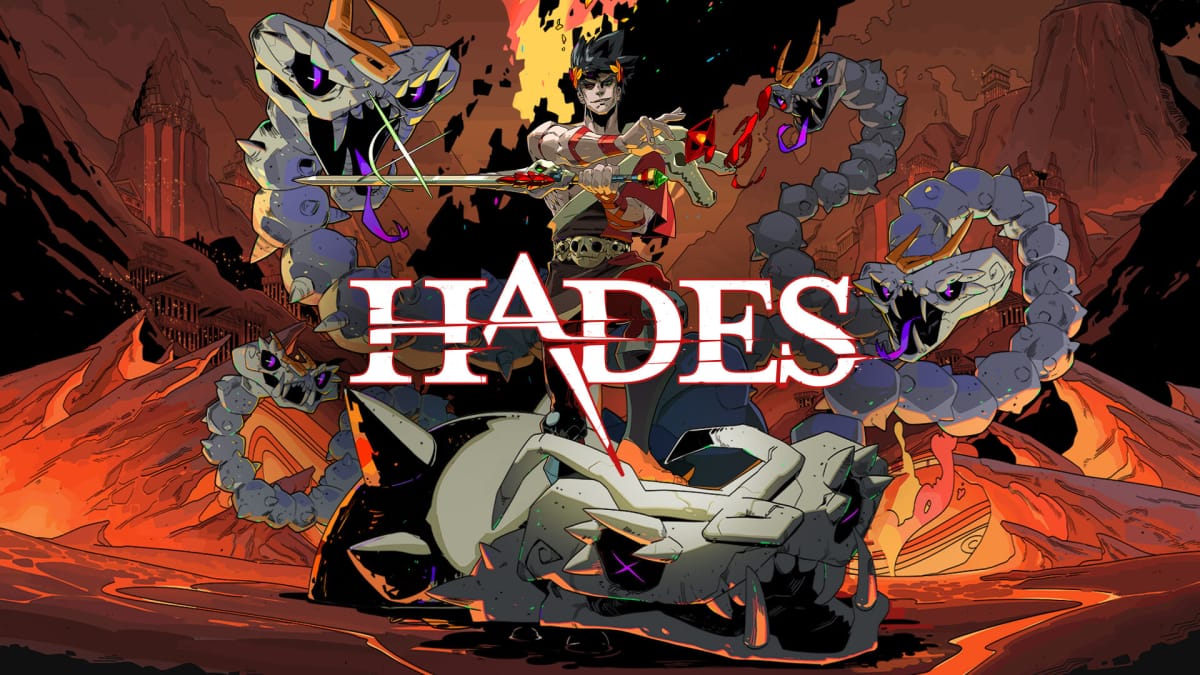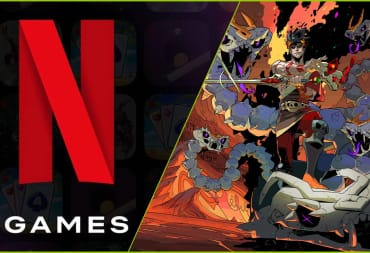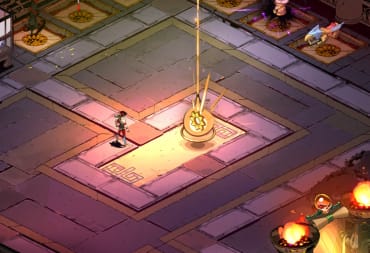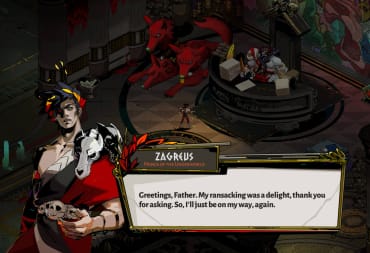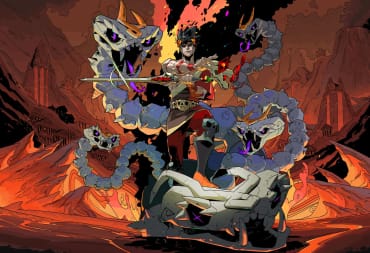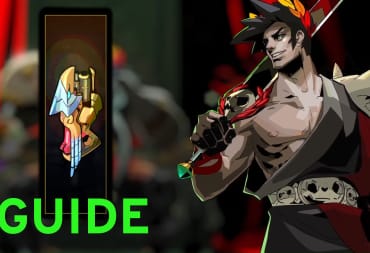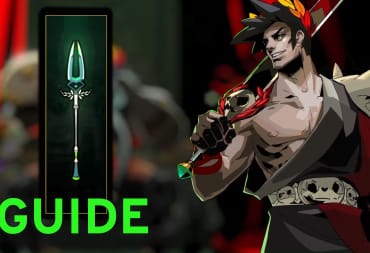Failure is the status quo in Hades. Focusing on its lead character Zagreus, this Greek mythology-inspired roguelike by Supergiant Games is built around how its main protagonist consistently loses. As the son of Hades (the Greek God of the underworld), Zagreus attempts to flee the underworld in order to search for his mother Persephone in the mortal world, but he routinely fails to exit the realm of the dead. The underworld is a vast labyrinth with hordes of enemies and devilish challenges blocking Zagreus’ path forward, and to make matters worse, the rooms in the underworld constantly rearrange. With all of these barriers combined, Zagreus’ mission to escape the underworld is damn near impossible. He dies and is resurrected back at the start of this hellish maze over and over again, hammering home the point that Zagreus can never win. That he will always fail.
Zagreus’ narrative turmoil resonated with many players. While Hades won accolades high and low from various outlets (including us at TechRaptor!), the game’s story revolving around a young man trying to escape hell was relatable to many players. Numerous outlets and players discussed how they were emotionally impacted by the story's LGBTQ representation and how they related to Zagreus' estranged relationship with his father Hades, and through all of these various facets, Hades is a game that embodies many different ideas. Depending on the player’s personal experiences, the game’s narrative means different things to different people. It is a game that is unique to every player.
Warning: This post contains spoilers for Hades.
For me personally, Hades hit me on a visceral level. The game emotionally reflected my own internal demons and lifelong struggles back at me. See, I’m mentally ill and sport various disabilities like obsessive compulsive disorder, bipolar 2, chronic depression, and dissociative tendencies, and while Hades isn’t a story that focuses on mental health, the game most certainly features many narrative and thematic parallels to my constant battle with my own sanity. Through it's tale of a young man trying and regularly failing to overcome his various challenges, I saw my own struggle to overcome my own illnesses reflected back at me. I saw my own hell.
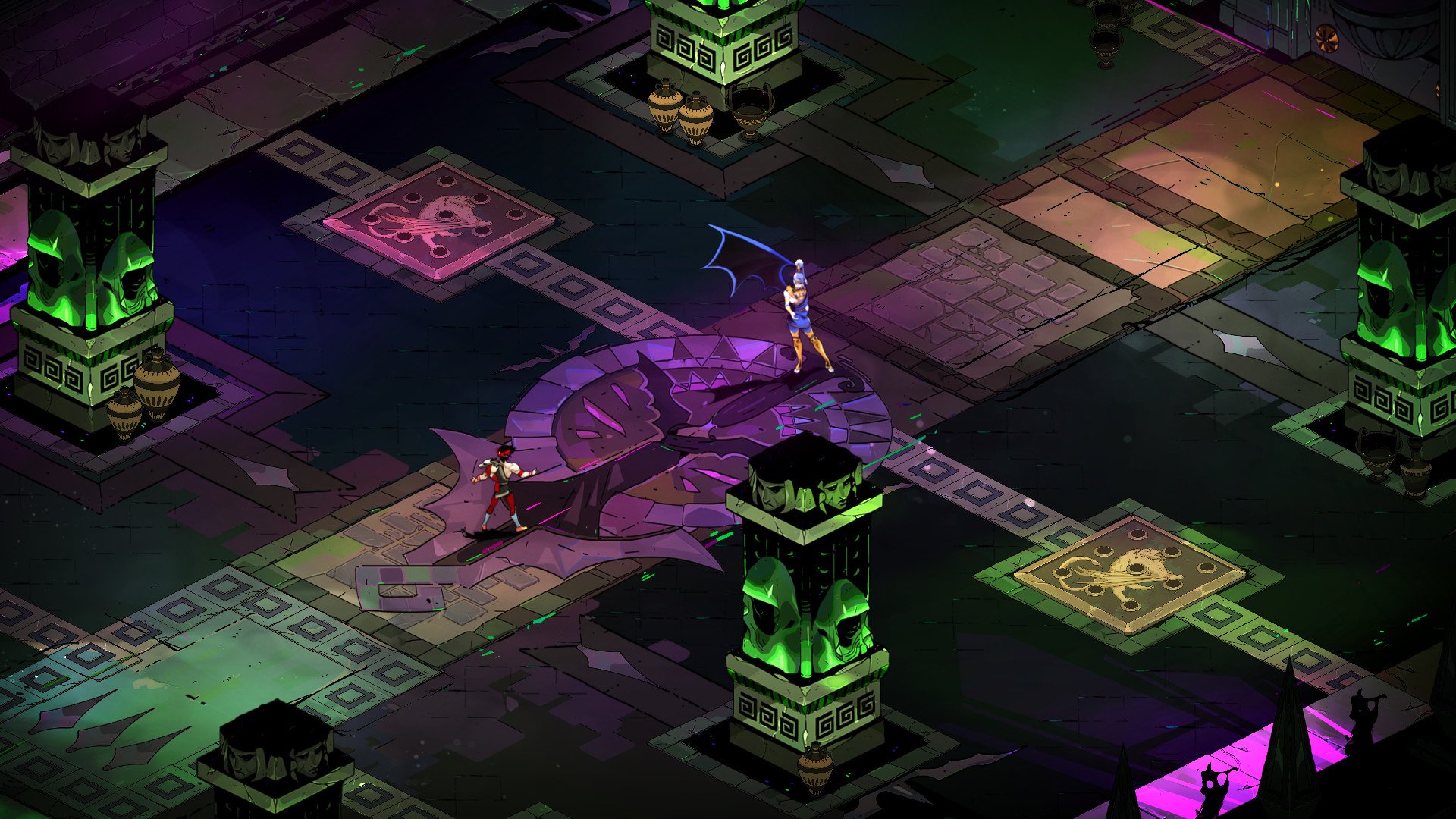
Hades is a game of trial and error. Throughout the course of the title, Zagreus tries his darnedest to escape the underworld but ultimately fails, and this cyclical failure is very much like coping with mental illness and trauma. Similar to the game, mental illness is a never-ending fight with minimal respite. It’s a constant combative experience. Functioning as a person at school or work whilst having a panic attack or a mental-health crisis is a borderline impossible task for many people like myself, and like in Hades, it is a battle that often sees us defeated.
And speaking for myself, I have failed quite a bit. For a period of time, my bad days, my intrusive thoughts, and my depression made any kind of productivity difficult. I would physically collapse, withdraw from social situations, throw punches at my head, curl up into the fetal position and cry, and make myself fall asleep so I could escape the never-ending pain that I associate with being alive, and due to this, my professional life suffered. I lost numerous jobs, my grades faltered, and some of my friendships dissolved. Like Zagreus, I failed over and over again.
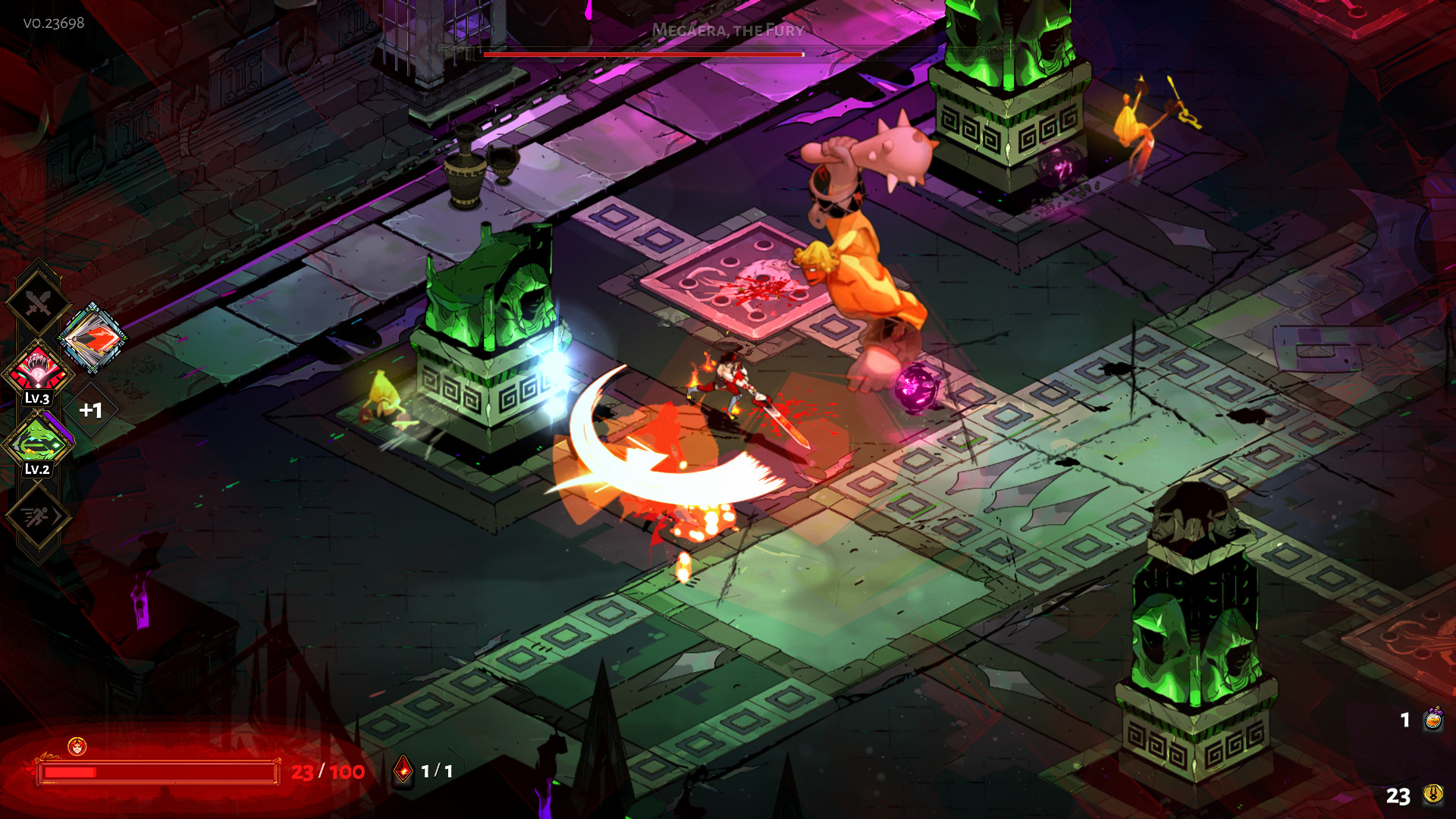
Failure, however, doesn’t need to be the end. While Zagreus' and my experience with mental health episodes are marred in failure, those losses don’t have to define us. In fact, it’s the opposite: Failure delivers an effective opportunity for us to dwell on what we did wrong so that we can improve in the future. Whether it be Zagreus’ brutal adventure or my own tumultuous plight, our losses gift us with a chance to showcase our resilience. Sure, the very act of living can feel like a Sisyphus style of an uphill climb, but the struggle alone is only part of the journey. Our strength in the face of adversity is what’s truly awe-inspiring.
Hades sees Zagreus dust himself off after every doomed escape attempt. Like other roguelikes, the gameplay and character development are based around the protagonist’s inability to surpass overwhelming challenges where the odds are unfairly stacked against him, yet he, and the player by extension, don’t overly dwell on their bungled escape attempts. As Zagreus progresses through Hades’ randomized maze of a dungeon, he becomes tougher, stronger. With certain upgrades, weapons, and items he accrues along his quest though hell (alongside a literal god-tier support network), Zagreus learns from his mistakes, He ventures further and further inside hell’s labyrinth with each successive dungeon run, showing that he is easily capable of overcoming enemies and obstacles that were once intimidating earlier in the game. Even when Hades himself shows up as a final boss fight (and one that cheats as well), Zagreus eventually defeats him, showing off his skill and resilience. He has grown.
This very much mirrors my own experience with mental health episodes. Before being diagnosed or prescribed medication, life was difficult for me. In fact, I view my late teens and the entirety of my 20s as a battle for survival. I was hospitalized on five different occasions (three inpatient and two intensive outpatient) and have spent a lot of money on mental health care and therapy.
It was a lot, but I survived. Similar to Zagreus, I withstood a beating (though this one was internal), and I came out on the other side. While surviving day to day can be extremely difficult (my emotions can be very intense), the grind is worth it. I have learned various coping skills that mentally strengthened me as if they were neurological steroids. Breathing exercises, various behavioral therapies that blunt the damage of intrusive thoughts, reaching out to friends and family, and mindfulness allow me to turn aside many depressing thoughts and emotions; the ones that used to weigh down on my soul. With these available options, I can handle the stress in a healthier way, and despite living an often tumultuous existence with varying degrees of suicidal ideation, I’m glad to be alive. I’m thankful that I’m equipped with the tools that make combating these illnesses a comparative breeze.
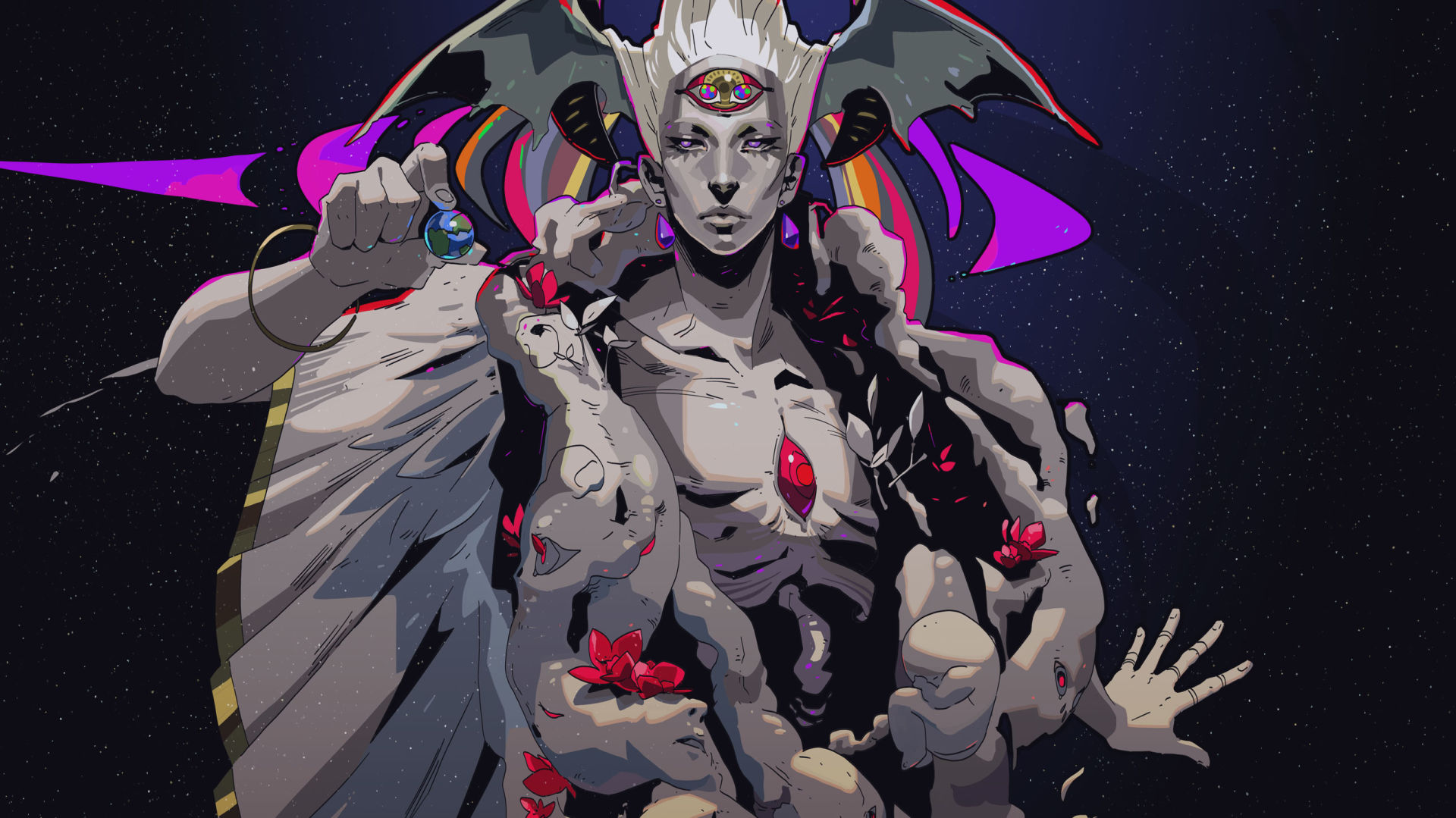
Our battles have Zagreus and I at a disadvantage. No matter what we do, we will always be saddled with our extensive emotional baggage. Even though our strength and capabilities have increased, our end objective and desire is unattainable. In terms of Zagreus, he dreams of escaping Hades to reunite with his mother Persephone on the surface world, and when it comes to myself, I wish I could rid myself of my various illnesses. These are understandable goals, yet neither of them are realistic. Due to the fact that he’s a being of the underworld, Zagreus can’t physically remain in the mortal realm, meaning that he must return to Hades, and I can’t banish my internal ailments. For lack of a better term, we are both stuck with our demons.
It is a distressing thought, yet there is no need for either of us to be fatalistic. Even though it’s disheartening that we are unable to resolve the plagues that trouble us, we can learn to live with it and accept it. In Hades, Zagreus keeps visiting Persephone (and repeatedly defeats a chagrined Hades in the process) and ultimately convinces her to return to her family in the underworld. In other words, Zagreus was able to comprise his desires and the blunt reality. He may not be able to leave the underworld, but his family is reunited. They are content (yes, even the formerly disgruntled Hades), and that is good enough for Zagreus.
This realization was similar to one I had myself. Obsessive compulsive disorder, bipolar 2, and chronic depression can’t be cured; it can only be treated. And with that reality, I made a compromise with myself: I can’t banish my sicknesses, but I can do my best to manage them. I can try to live a great life and be the best possible version of myself, even though my mental illnesses make every possible effort to restrain my hopes, dreams, and ambitions. Despite the odds stacked against me, I can be happy.
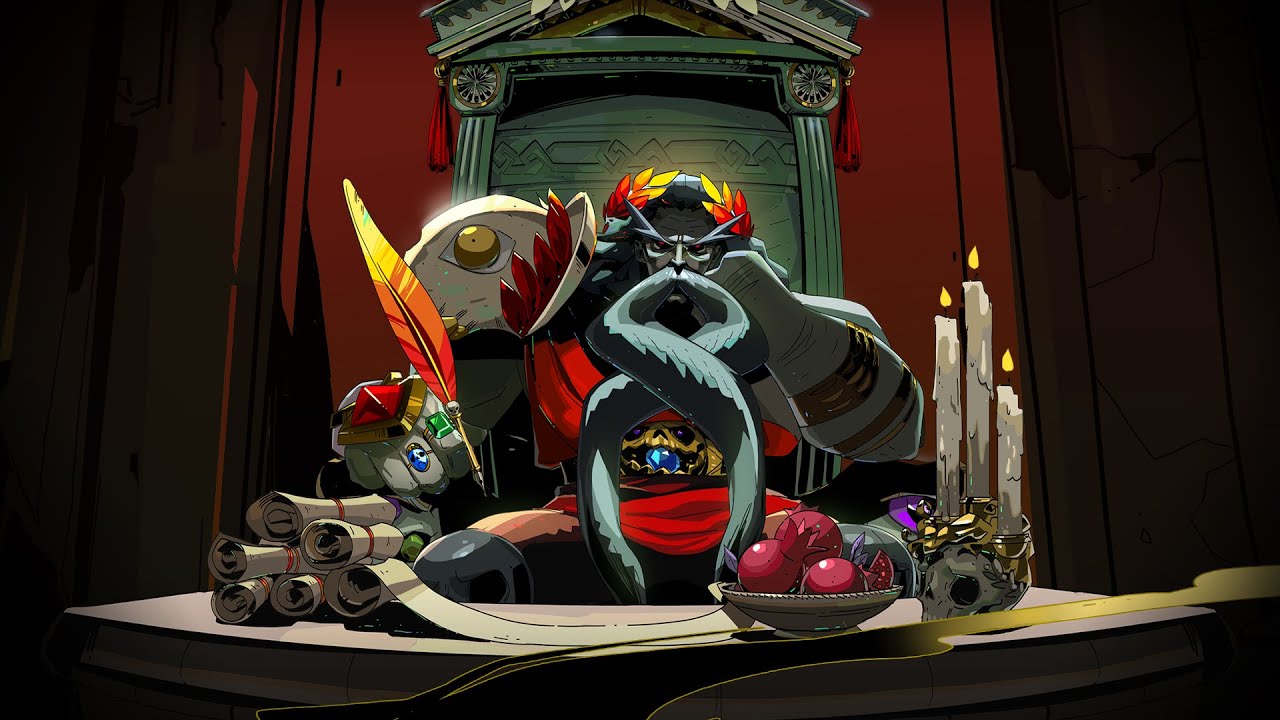
Admittedly, life is still imperfect for both Zagreus and I. For Zagreus, the reunification of his family is a brand new chapter of his life featuring its own joys and trials, and in terms of myself, grappling with intense mental illnesses is a battle with its own wins and losses. Everyday brings us new challenges we must confront. Life is like its own randomized dungeon, and whether it be Zagreus’ awkward familial dynamic or how I cope with my mental health, we both do our best to overcome these obstacles.
And in the instances where we don’t succeed, failure just gives us an opportunity to try again.
Have a tip, or want to point out something we missed? Leave a Comment or e-mail us at tips@techraptor.net
